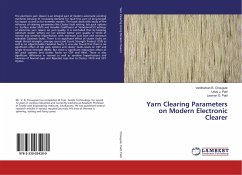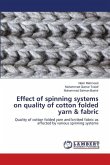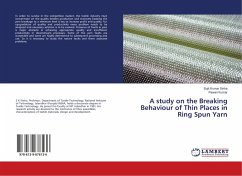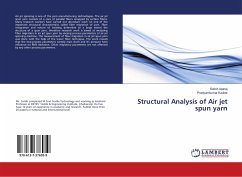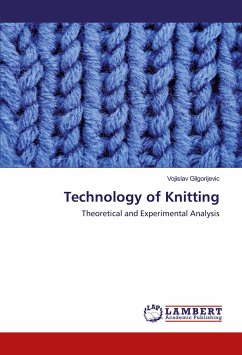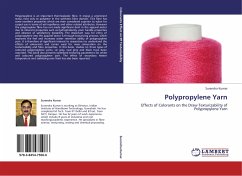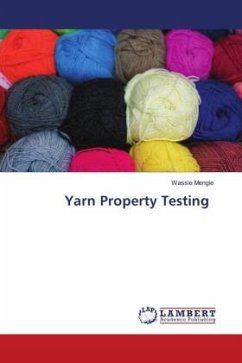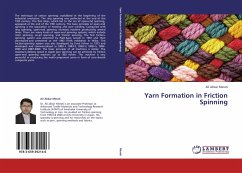The electronic yarn clearer is an integral part of modern automatic winding machines because of increasing demand for fault free yarn of long length for export as well as for domestic market. The book deals with study of the influence of clearing parameters like Cluster fault setting; lab pack options i.e. Surface index SFI/D and Variable Coefficient of Variation(VCV) settings of electronic yarn clearer on yarn quality. It is concluded that by keeping optimum cluster setting we can achieve better yarn quality in terms of normal and sensitive Imperfection with minimum cuts level and minimum tolerable Classimat faults. There is no significant effect of cluster faults on single thread strength, average count and Count Strength Product (CSP) as well as on objectionable Classimat faults. It was also found that there is no significant effect of lab pack options and cluster faults levels on CSP and Single thread Strength (RKM). But there is significant interaction effect of lab pack options and cluster faults on CSP and RKM. There is also significant difference in normal as well as sensitive Imperfections and hairiness of Normal cops and Rejected cops due to Cluster, SFI/D and VCV Option
Bitte wählen Sie Ihr Anliegen aus.
Rechnungen
Retourenschein anfordern
Bestellstatus
Storno

